CYTARABINE - INJECTION
PHONETIC PRONUNCIATION: (sye-TAIR-uh-bean)
COMMON BRAND NAME(S): Cytosar-U, Tarabine PFS
GENERIC NAME(S): cytarabine/PF
Uses
USES: Cytarabine is used alone or with other medications to treat various types of cancer. It is a chemotherapy drug that works by slowing or stopping cancer cell growth.
How to use CYTARABINE - INJECTION
HOW TO USE: This medication is usually given by injection into a vein by a health care professional. It may also be given by other methods of injection depending upon your medical condition. The dosage is based on your medical condition, body size, and response to therapy. Unless your doctor instructs you otherwise, drink plenty of fluids while using this medication. This helps your kidneys remove the drug from your body and may help you avoid some of the side effects.
Side Effects
Precautions
Interactions
Overdose
Images
Reviews
Faq for CYTARABINE - INJECTION
Cytarabine injection is used to treat various types of cancer, including leukemia and lymphoma. It is commonly utilized in combination with other medications for chemotherapy treatment.
Cytarabine works by inhibiting the growth of cancer cells, preventing their ability to divide and replicate. This helps to slow down or stop the progression of cancerous tumors.
Common side effects of Cytarabine injection may include nausea, vomiting, diarrhea, loss of appetite, hair loss, fever, mouth sores, and fatigue. More serious side effects can occur, such as bone marrow suppression or liver problems, which require immediate medical attention.
Cytarabine injection is administered by a healthcare professional through a vein (intravenous infusion) over a specific period. The dosage and frequency of administration are determined by the type and stage of cancer being treated.
Cytarabine is known to cause harm to the unborn baby, so it should not be used during pregnancy unless absolutely necessary. It is advised to avoid breastfeeding while receiving treatment with Cytarabine, as it may pass into breast milk and harm the nursing infant.
If you miss a scheduled dose of Cytarabine injection, inform your healthcare provider immediately for further instructions. It is important not to make up for the missed dose by taking extra medicine.
Cytarabine injection may interact with various medications, including live vaccines, other chemotherapy drugs, and drugs that affect the liver. Inform your healthcare provider about all the medications and supplements you are currently taking to avoid potential interactions.
The time it takes for Cytarabine injection to work depends on the individual and the specific cancer being treated. It may take several weeks or months of treatment before significant improvement is observed.
Before using Cytarabine injection, inform your healthcare provider about any existing medical conditions, such as kidney or liver disease, infections, or previous radiation therapy. It is necessary to monitor blood counts regularly during treatment to detect any potential complications.
Warning
WARNING: This medication may cause serious (rarely fatal) blood disorders (bone marrow suppression leading to anemia, low number of white blood cells and platelets). Liver problems may also occur. Your doctor will monitor you closely for these side effects. Tell your doctor right away if you develop any signs of infection (e.g., fever, chills, persistent sore throat), unusual fatigue, easy bruising or bleeding, nausea, vomiting, diarrhea, stomach/abdominal pain, dark urine, yellowing eyes/skin, or mouth sores.
Disclaimer
IMPORTANT: HOW TO USE THIS INFORMATION: This is a summary and does NOT have all possible information about this product. This information does not assure that this product is safe, effective, or appropriate for you. This information is not individual medical advice and does not substitute for the advice of your health care professional. Always ask your health care professional for complete information about this product and your specific health needs.
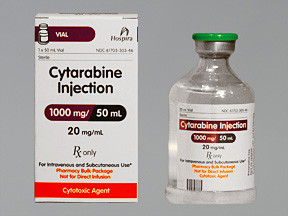
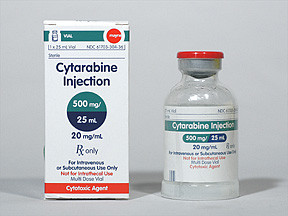
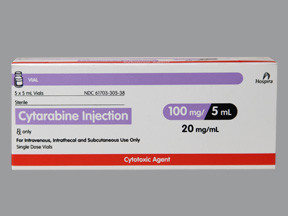
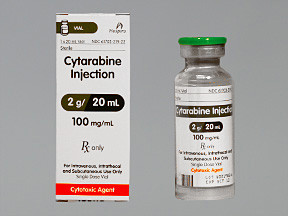
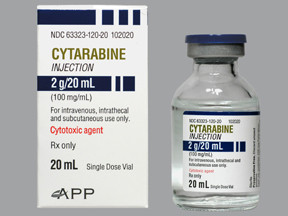
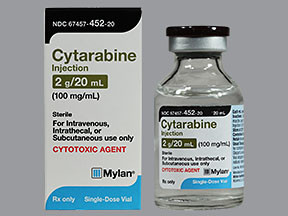
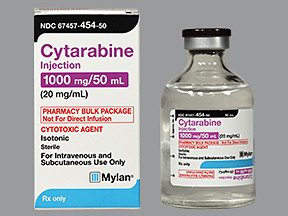

No Reviews Yet